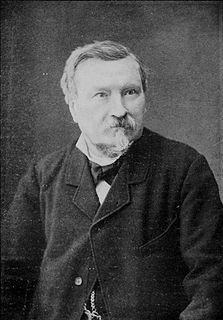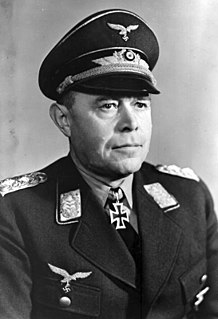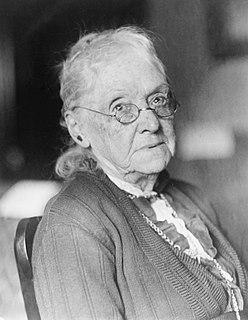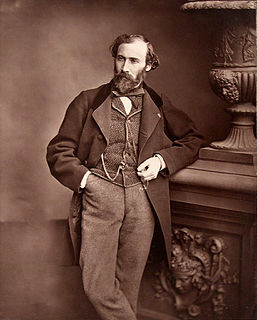A Quote by James Madison
Of all the enemies of public liberty, war is perhaps the most to be dreaded, because it comprises and develops the germ of every other.
Related Quotes
Of all the enemies to public liberty war is, perhaps, the most to be dreaded, because it comprises and develops the germ of every other. War is the parent of armies; from these proceed debts and taxes; and armies, debts, and taxes are the known instruments for bringing the many under the domination of the few... No nation could preserve its freedom in the midst of continual warfare.
Perhaps the enemies of liberty are such only because they judge it by its loud voice. If they knew its charms, the dignity that accompanies it, how much a free man feels like a king, the perpetual inner light that is produced by decorous self-awareness and realization, perhaps there would be no greater friends of freedom than those who are its worst enemies.
Is the relinquishment of the trial by jury and the liberty of the press necessary for your liberty? Will the abandonment of your most sacred rights tend to the security of your liberty? Liberty, the greatest of all earlthy blessings - give us that precious jewel, and you may take every things else! . . . Guard with jealous attention the public liberty. Suspect every one who approaches that jewel.
We are organising our enemies into a formidable force, we are The US public has turned against the war, the Republicans and Democrats have turned against the war. And so when the American public turns against the war and the Congress turns against the war, it suggests that Americans feel we cannot win that war in those conditions. So the Iraqi Commission says, "Well, we can't win this war militarily, we need to reassess potential allies." There's Syria, there's Iran.
Liberty is not about class war, income war, race war, national war, a war between the sexes, or any other conflict apart from the core conflict between individuals and those who would seek power and control over the human spirit. Liberty is the dream that we can all work together, in ways of our choosing and of our own human volition, to realize a better life.
[A] republic . . . [is] a government, in which the property of the public, or people, and of every one of them was secure and protected by law . . . implies liberty; because property cannot be secured unless the man be at liberty to acquire, use or part with it, at his discretion, and unless he have his personal liberty of life and limb, motion and rest, for that purpose.































